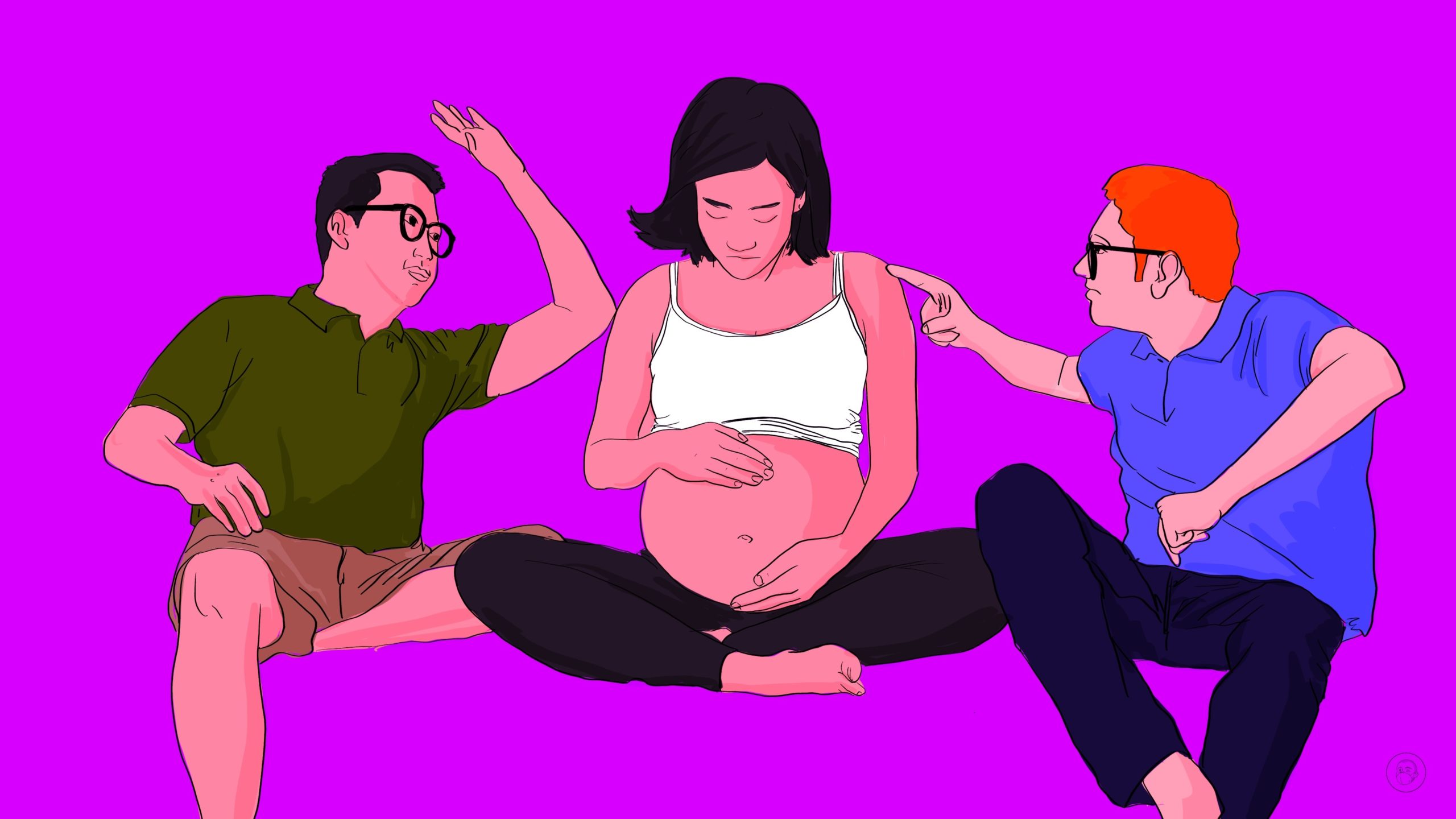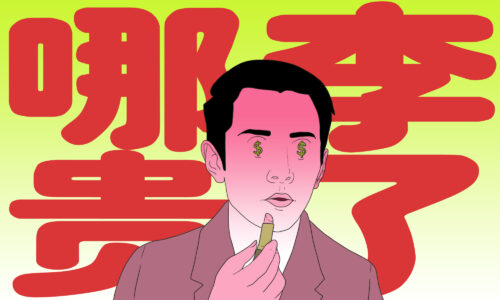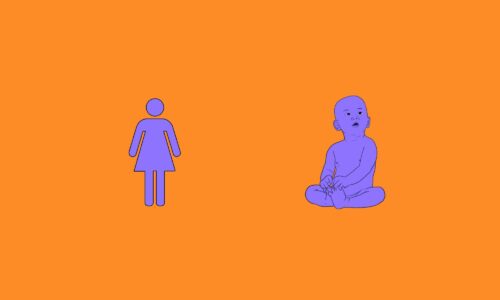The Chinese internet reacts to Roe v. Wade leak
“For a country that talks big about human rights, American people seem incredibly vulnerable to human rights violations.”

On Monday night, news broke that the Supreme Court of the United States is preparing to strike down Roe v. Wade, the landmark 1973 decision that guaranteed abortion as a constitutional right, according to a leaked draft opinion obtained by Politico.
While the final judgment isn’t expected for at least another month, the presumed outcome would be a devastating blow to reproductive freedom in the U.S. Once finalized, the court’s ruling would leave the decision up to individual states. Lawmakers in multiple states have already enacted trigger laws that will ban abortion automatically should Roe v. Wade be overturned.
In the past two days, the bombshell leak has not only rocked the U.S., prompting swarms of pro-choice protesters to take to the streets, but it has also stunned people around the world, including China, where social media reactions have ranged from condemnation to worry that it may signal a broader regression on women’s reproductive rights around the world.
Others have labeled it a specific American failure, saying it undermines the country’s legitimacy to speak on human rights issues abroad. “A country that likes to promote human rights everywhere in the world appears to be the worst on human rights when it comes to its own people,” one comment read.

Here’s a sample of other comments.
What sort of monsters are American politicians?

If a woman can’t even make decisions for her own uterus, what can she actually control?

Isn’t the U.S. the country that cares about human rights the most?

They are locked in endless domestic fights and constantly look for things to argue about. This is their way to show the superiority of their ethnicity. I just want to point out that China is different from the core of European and American culture, so no matter what, don’t involve China in this, and let the American people play by themselves.

Democratic countries talk big about human rights, but American people seem incredibly vulnerable to human rights violations. All it takes is a bunch of politicians having small meetings and casting votes. According to Chinese laws, women are allowed to terminate pregnancies at any stage and their safety comes first when emergency situations occur during childbirth. So why does America have the ground to label itself as a model of democracy and human rights? Democracy is a cult there.

The history of abortion in modern China is closely linked to the evolution of the government’s population goals over the years. Under the one-child policy, introduced in 1979 to keep the country’s population growth in check, family planning officials hunted down families suspected of violating the rules on childbearing, gave out fines, and at times forced women to undergo abortions and sterilizations.
“Stop poking fun at the abortion row in the U.S. It’s so stupid,” one social media user said:
We don’t have the right to protest and we don’t have most rights that can be protected through demonstrations. Not to mention that about 20 years ago, we had this one-child policy that forced abortions and sterilizations on women who were eight months pregnant. For policymakers in China, abortions are a tool that can be utilized depending on different scenarios. But it’s not subject to any limitations.

Even after the central government relaxed the one-child policy and criminalized sex-selective abortions — a common practice in rural China due to a deeply rooted preference for sons in many families — China’s abortion rate is still one of the highest in the world. According to official statistics, around 9.7 million abortions are carried out each year in China, where the procedure is freely available across the country and commonly performed in illegal clinics. Experts say that the high rate is partly caused by a lack of sex education.
Last year, the availability of abortion in China suddenly became a source of concern for many Chinese women after authorities vowed to reduce the prevalence of “medically unnecessary” abortions. It is unclear what is considered “medically unnecessary” or how this might be enforced, but the announcement triggered a swift outcry. In light of the controversy, Leta Hong Fincher, the most influential writer and scholar working in the field of feminism and women’s studies in China today, told Think Global Health, a unit of the Council on Foreign Relations think tank, that she had expected the Chinese government to restrict abortion as a way to boost its dwindling birth rates.
On social media, China’s own ongoing argument about who controls women’s bodies overlapped with discussions over the impending Roe v. Wade decision. One of the nastier messages read: “We should send Chinese feminists over [to the U.S.] and they will know that their masters treat women so ‘well’ that they won’t be allowed to have abortions even in the case of rape.”

“The men who have opinions on this make it sound like they can actually get pregnant.”






